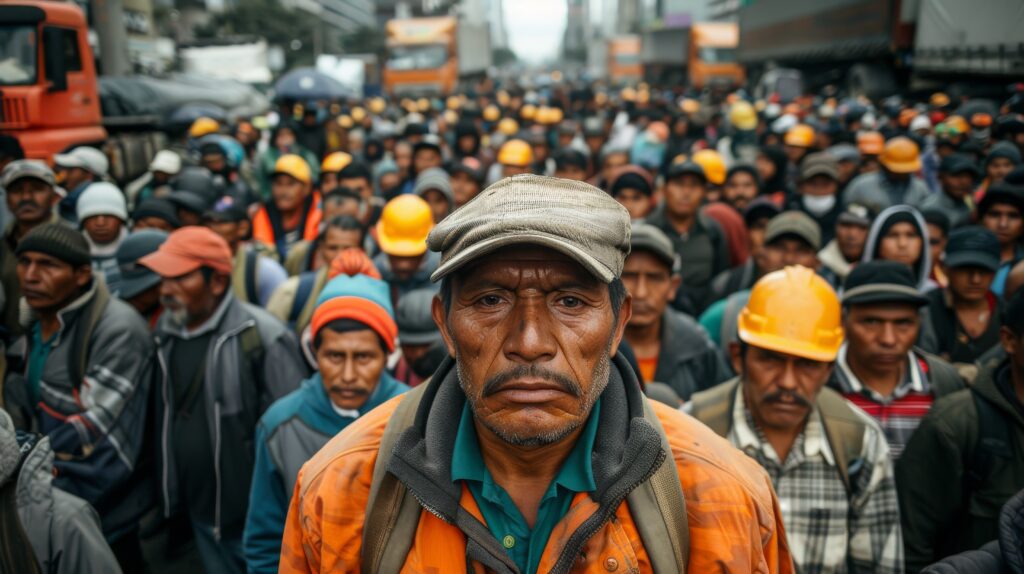SEC Chair threatens to ban IFRS standards over sustainability reporting, undermining investor access to material financial information.
Author Archives: Farid Baddache
Indonesian islanders sue Holcim in landmark climate case, signaling new era of corporate liability. All industries now face legal risk.
Learn how whistleblower protection prevents costly litigation and reputational damage while strengthening internal governance frameworks.
International Court of Justice declares climate change an “urgent threat”. Nations now have binding legal obligations.
New UN reports provide crucial guidance on applying human rights principles to AI procurement and deployment. Learn how businesses can implement responsible AI practices and ensure compliance with emerging regulations while protecting human rights throughout the AI lifecycle.
Board of Directors, Climate Change, Corporate Social Responsiblity (CSR), Governance, Human Rights, Resilience, Responsible consumption, Responsible sourcing, Stakeholders, Sustainability, Sustainable Development Goals (SDG), Sustainable Finance & ESG, Work Conditions
Smart Regulation Drives Growth: OECD Insights
OECD research shows smart regulation boosts business. Learn how removing trade barriers and shaping better practices drives sustainable growth
EFRAG’s ESRS revision cuts mandatory datapoints by 50%+. Learn how simplified sustainability reporting affects your business.
Discover key insights from Brazil’s complex security landscape for implementing VPSHR globally. Learn from 25 years of experience at Ksapa.
Discover 10 tracking technologies transforming supply chains and how Ksapa helps prioritize transparency vs. traceability needs
Discover concrete steps to eliminate exploitative recruitment fees for migrant workers. Implement ethical hiring practices across operations.









